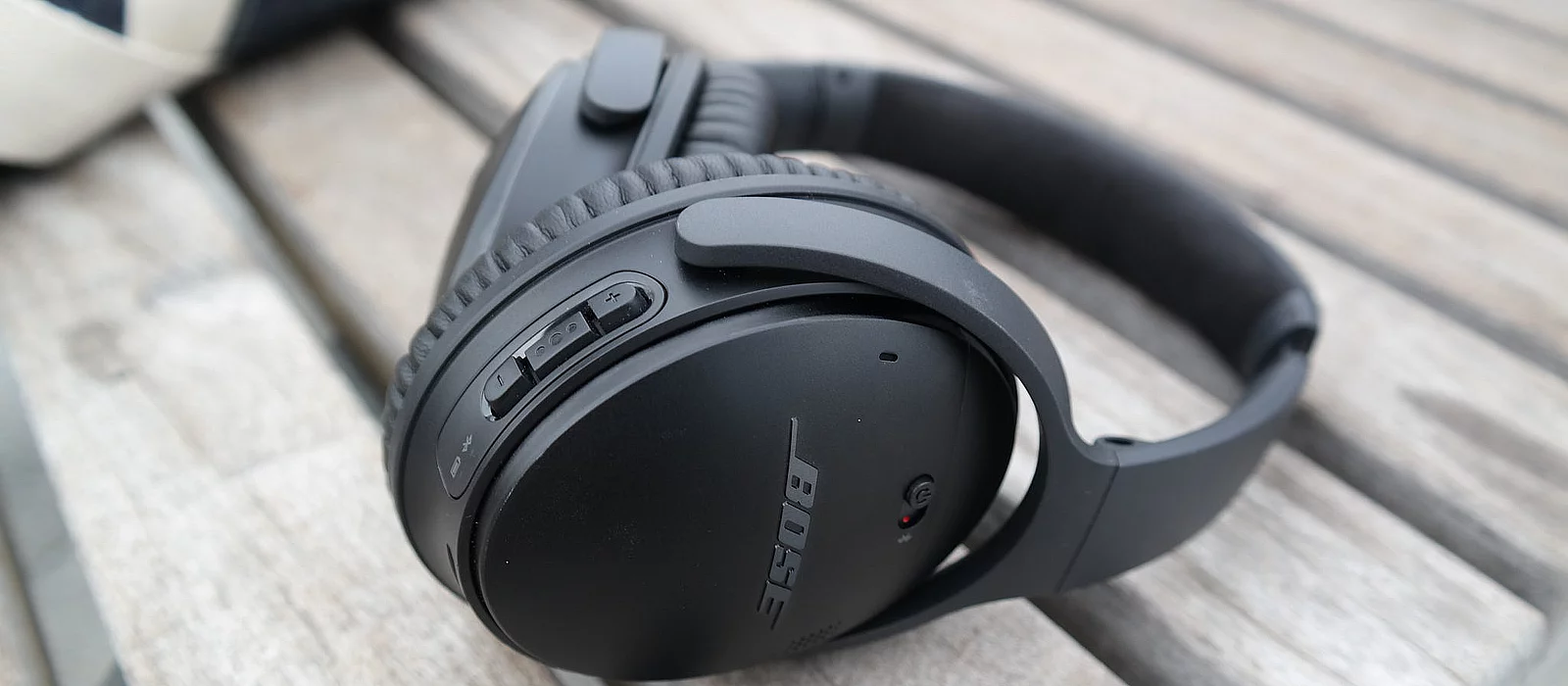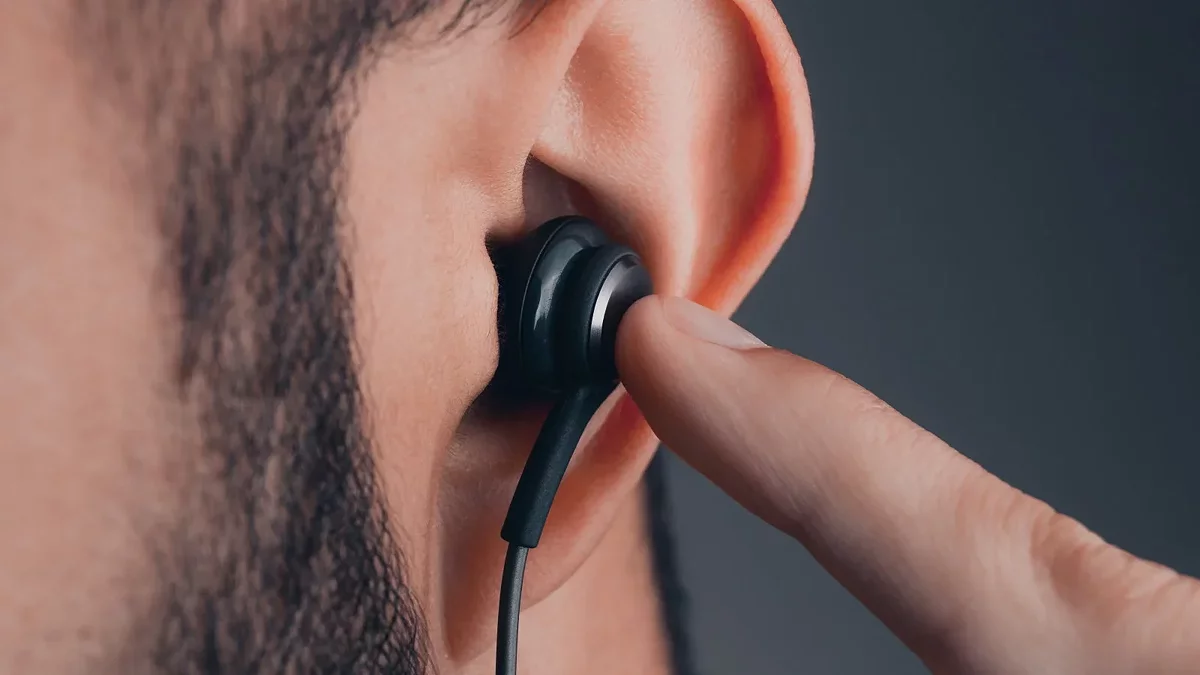Scientists Find That Noise-Cancelling Headphones May Impair Auditory Perception Overview:

Active noise cancellation, now an integral feature of modern headphones, may do more than just protect your hearing—it could be subtly affecting neural processes. While ANC devices continue to grow in popularity, emerging studies suggest there are concealed risks to how our brains process sound.
David McAlpine, a neurobiologist at Macquarie University, explains that ANC lowers the volume of the outside world, which is beneficial for the ears but forces the brain to work in an unfamiliar mode. “It’s like resetting an internal amplifier—the nervous system boosts its sensitivity in an effort to compensate for the silence,” he says. This adjustment can lead to a form of “hearing loss,” where the brain loses its ability to properly process sounds even when the ears themselves are functioning normally.
A similar effect was observed in a 2012 study: participants who wore earplugs for a week experienced temporary tinnitus (a ringing in the ears). Although the symptoms faded after removing the ear protection, scientists noted changes in neural connectivity. McAlpine compares the experience to spending time in an anechoic chamber—resulting in disorientation, a feeling of head pressure, and discomfort from the unnatural silence.
A parallel study by British researchers found an increase in cases of auditory processing disorder (APD) among teenagers—frequent users of ANC technology. In APD, the brain struggles to recognize speech or ambient sounds despite normal audiometric test results. Researchers have linked a fivefold surge in these cases over recent years to the constant use of noise-cancelling gadgets.
While manufacturers promote ANC as a cure-all for noise pollution, neurobiologists caution that the technology has a double-edged effect. By reducing auditory strain, it inadvertently overworks the brain. Importantly, ANC does not damage the eardrums; instead, discomfort—such as headaches and nausea—stems from the mismatch between sensory input and the isolating effects of the technology.
Experts advise using ANC judiciously—reserving it for truly noisy environments. In quieter settings, it’s better to remove your headphones and allow your brain to “recalibrate” in its natural acoustic environment. As scientists continue to investigate the long-term consequences, it’s worth remembering that a technology safeguarding your hearing today might subtly alter how you perceive sound tomorrow.
-
Sony Might Be Developing Gaming Headphones Capable of Connecting to Two Devices Simultaneously
-
Lenovo introduces AI headphones with real-time translation
-
Enthusiast Tuned PhysX Compatibility with RTX 5090 Using RTX 3050, Improved Gaming Performance
-
ASUS Unveils the Fragrance Mouse — A Mouse with a Built-In Scent Diffuser
-
Chinese Scientists Unveil a RISC-V Processor with No Silicon
